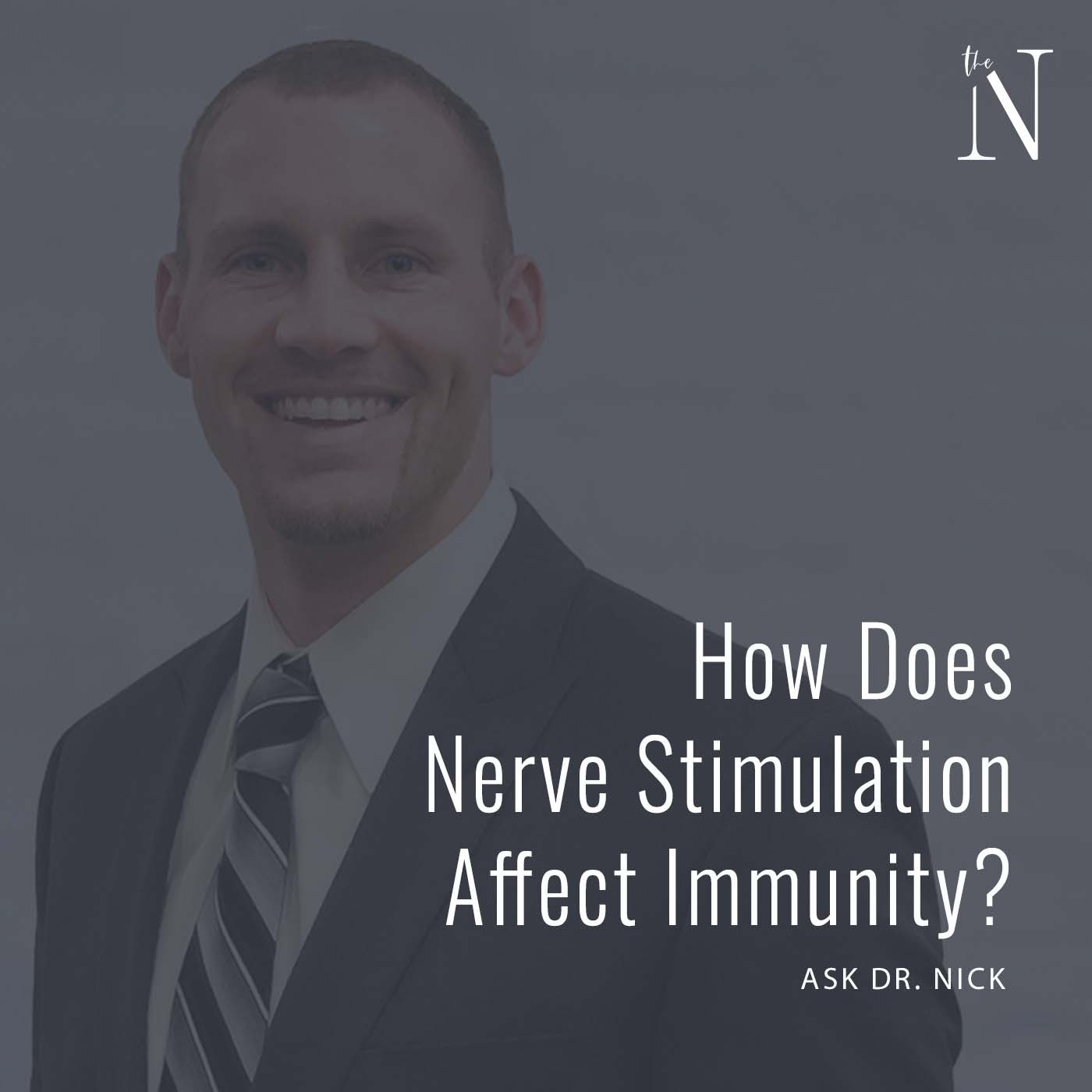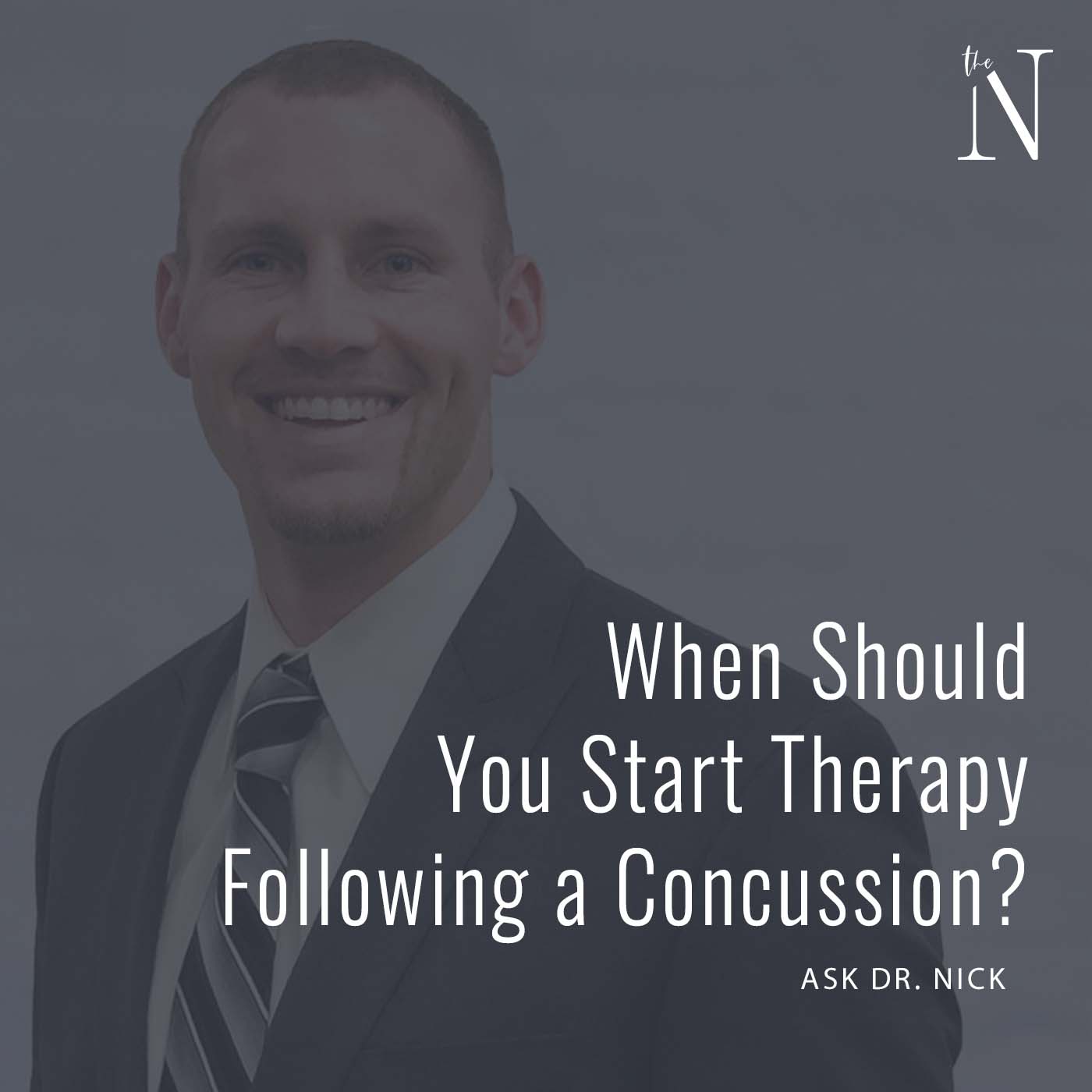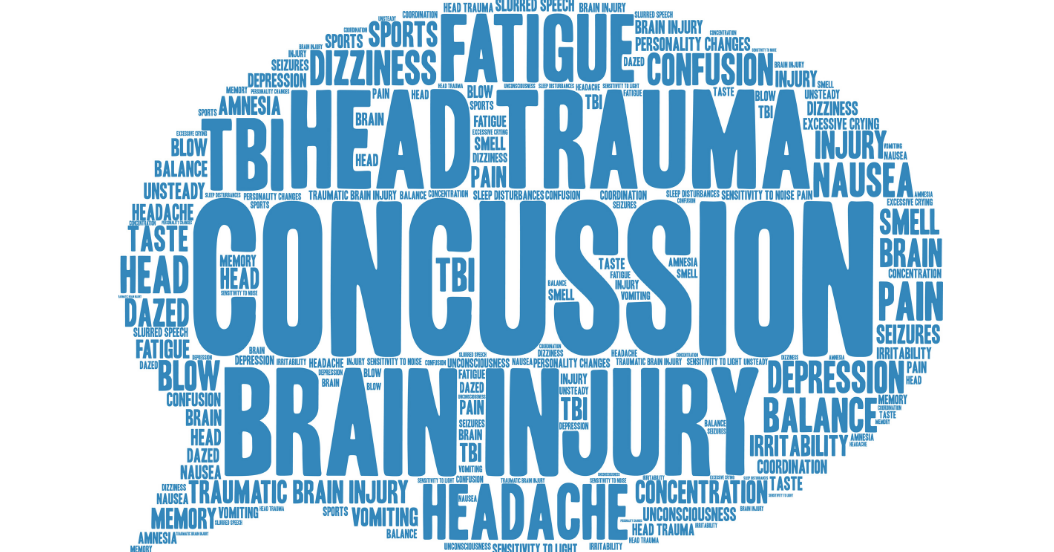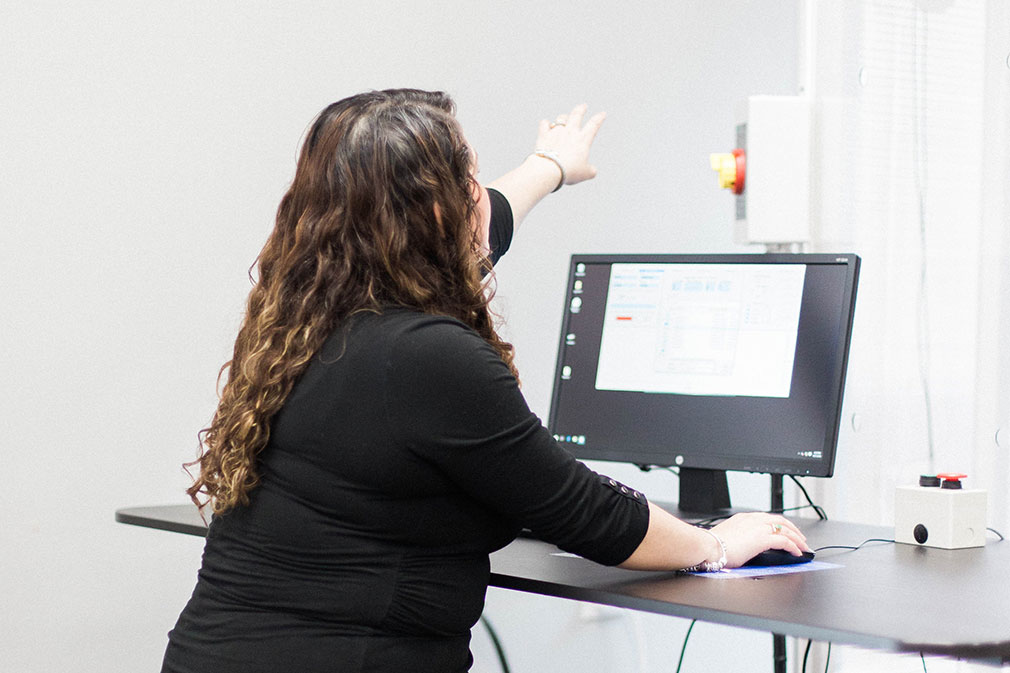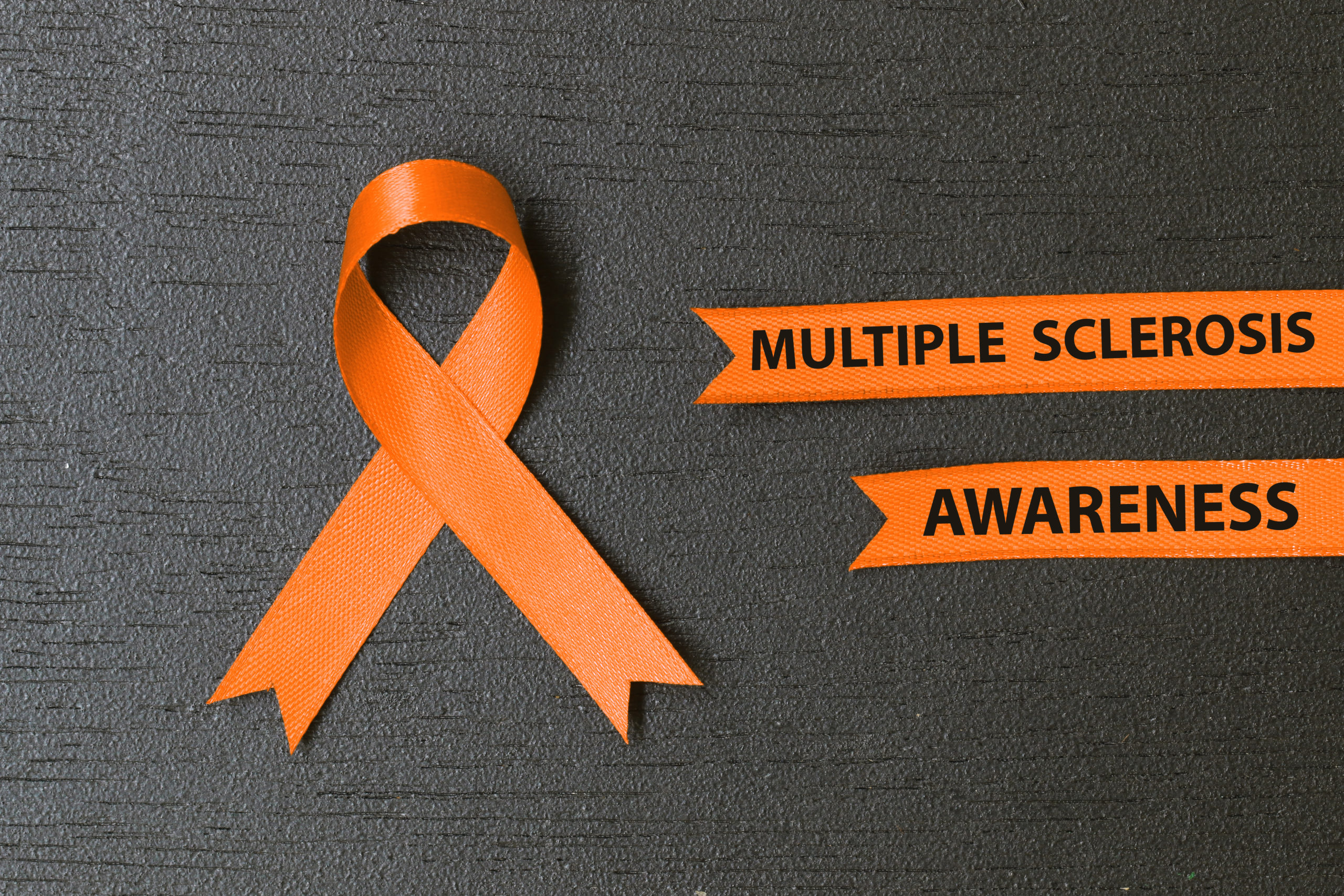
“Vestibular rehabilitation therapy is beneficial for patients with multiple sclerosis (MS) who are suffering from fatigue, impaired balance, and dizziness.”
The Stats…
50-85% of patients who have multiple sclerosis (MS) complain of fatigue and/or limited mobility. The definition of MS-related fatigue is commonly understood as the self-reported perception of decreased physical or mental energy, often leading to limitations in daily activities or routines. Multiple sclerosis-related fatigue is strongly linked to impaired physical activity and quality of life. Effective treatment of MS-related fatigue is limited, with conflicting reports in regards to medications, supplements, exercise, and mutli-faceted rehabilitation programs.
What Causes the Fatigue?
One possible reason contributing to fatigue in patients with MS is problems with what is called “central sensory integration”. Central sensory integration describes how the brain uses a combination of sensory signals (vision, hearing, touch, smell, vestibular information, muscle/joint position sense) to allow us to appreciate the details of our environment and the most efficient and effective way to interact with it.
What Goes Wrong?
Central sensory integration of the visual, somatosensory, and vestibular systems is the basis for effective upright postural control in human beings. Problems with central sensory integration commonly result in symptoms of fatigue, dizziness, impaired posture and/or gait, as well as possible chronic pain syndromes. It is very common for people who have MS to have dysfunctional brain regions associated with central sensory integration (35%-51% of cerebellar or brainstem lesions, up to 85% have peripheral vestibulopathies).
Vestibular Rehabilitation to Improve Fatigue
Research has shown correlations between improvements in postural control and feelings of dizziness with improvement of fatigue. This connection makes vestibular rehabilitation a very effective choice of treatment for many patients with MS.
Vestibular therapy is a specific form of rehabilitation consisting of specific exercises of the eyes, head, and/or body. It has classically been used for dizziness and vertigo disorders, but more recently this form of rehabilitation has been shown to be effective in many more conditions such as MS. It has been suggested that vestibular rehabilitation provides a task-specific form of rehabilitation creating an environment to selectively improve neuronal repair and the creation of new brain connections in specific regions of the brain.
Strong evidence supports the use of vestibular rehabilitation for the treatment of those who have MS and deficits in fatigue, upright postural control, and/or dizziness. Improvements were seen in a relatively short time with limited side effects after beginning vestibular rehabilitation.
The staff at The Neurologic Wellness Institute are trained in a wide range of dizziness conditions and patients fly from around the world to have their dizziness managed in our clinic.
For more information on the type of conditions, our clinicians help with, schedule a consult with one of our patient care coordinators.
Herbert et al. Effects of vestibular rehabilitation on multiple sclerosis-related fatigue and upright postural control. Physical Therapy. 2011;91(8):1166-1183.

